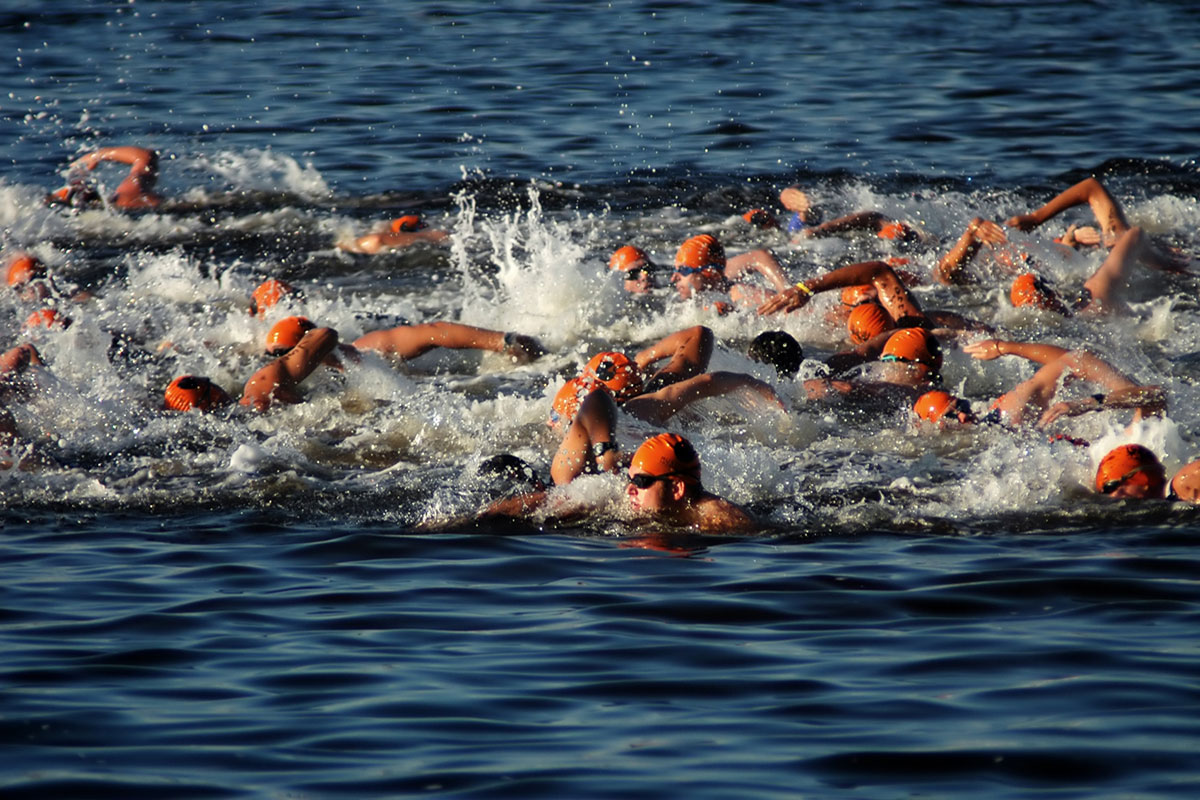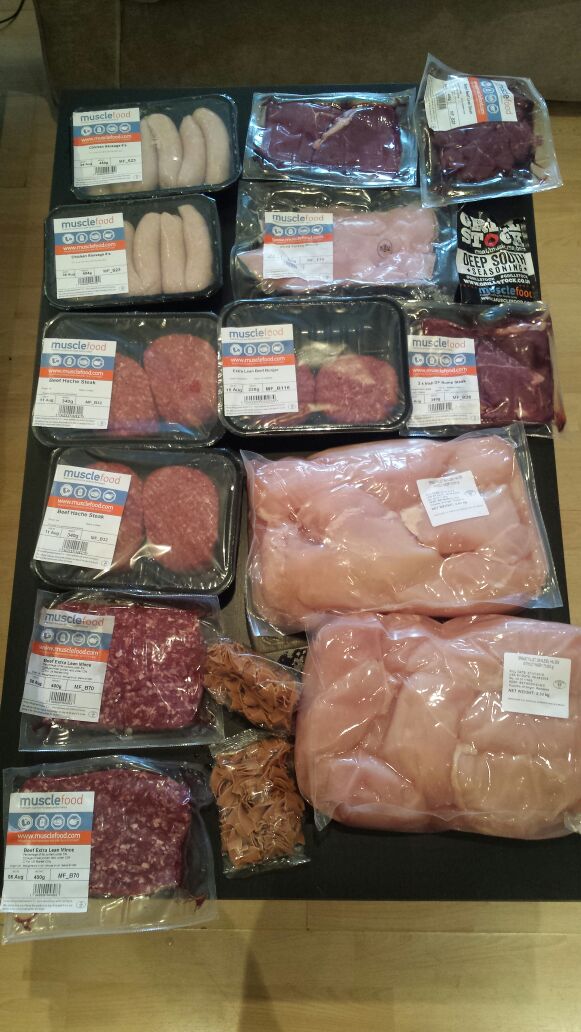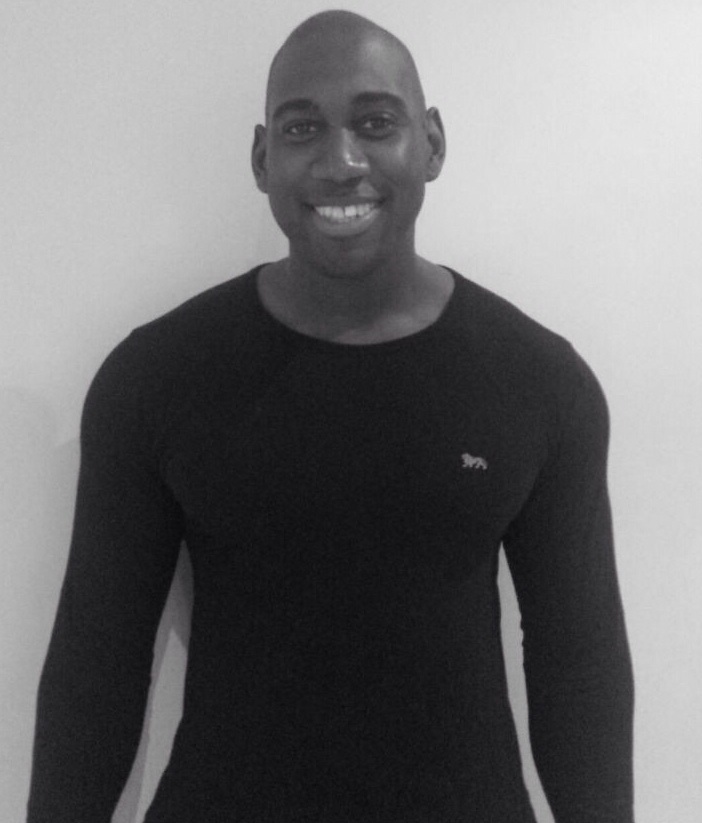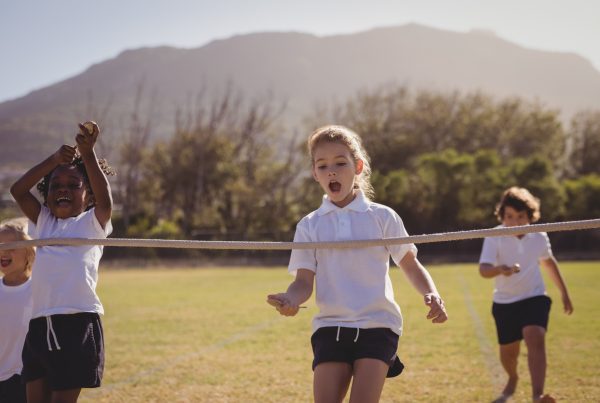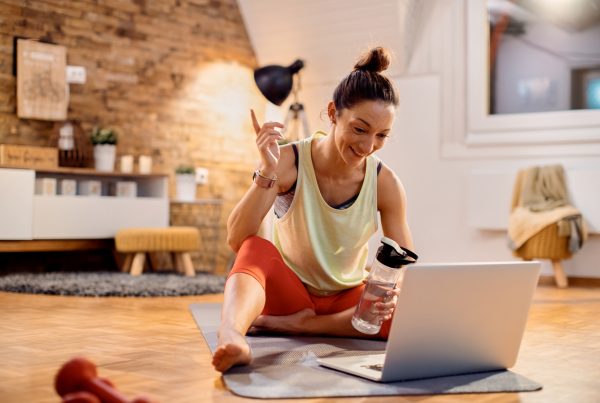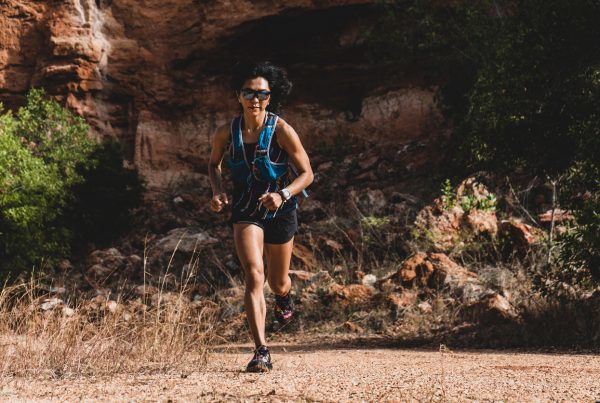Triathlon training is no easy thing, especially when it’s your first attempt at one. FitPro’s commercial development executive Michael Hippolyte tells Olivia Hubbard what it takes to prepare for the highly regarded London race.
Pre-race interview
Olivia Hubbard: You signed up to the triathlon and most people will be thinking how brave you are – what were your reasons for doing it?
Michael Hippolyte: What a massive challenge, as it incompasses running, cycling and swimming (in case you didn’t already know)! I must admit, I am not a massive fan of swimming and I’m really not looking forward to the swim; in fact, I’m dreading it. My reason for doing it is to raise donations for Macmillan Cancer Support, which is a charity I hold very close to my heart.
OH: Where did you go in order to prepare? Did you read any daunting articles or have you been given tips from those who have swum the triathlon waters already?
MH: I have read many articles and watched a number of YouTube videos, some good and others quite daunting to be honest with you. I have also met up with a number of the guys at my local cycle store to work on cycle technique, cycle maintenance and wetsuit fitting.
OH: Tell me about your training patterns. Did you swim in any murky lakes on Sundays or did you perfect your stroke at the local lido?
MH: Core strength is important for triathletes and also for the general public, as it’s the foundation that keeps our bodies strong, so core strength is a must! I have had to completely overhaul my training routines of traditional weight training for muscle mass and now focus on cardio and endurance-based workouts. For instance, Monday and Wednesday is swimming technique at the local lido, Tuesday and Thursday is sprints and endurance runs, and Sunday is cycle rides to Richmond Park.
OH: ‘Play to your strengths’ is something we’re hearing a lot about recently. What are your strengths? Are you eager for the bike stage or dreading the jelly legs at the end of the run?
MH: Playing to your strengths is always a must but you should never neglect your weaknesses. My strengths have to be cycling and running, so I have dedicated more time to swimming and working on my technique. A harsh lesson I learned early on in my triathlon training, when I nearly drowned, was no matter how fit you look, it is all about technique.
OH: Will you stop if someone has a puncture? Or will you wave on by?! Triathlon etiquette and all that …
MH: I would love to say I would wave on by as I am quite competitive. But of course I would probably stop and assist. Throughout college I worked part-time in a cycle store, so I am quite useful when it comes to cycle repairs.
OH: So, the gear. How have you fixed yourself up for the big race day? I’ve heard wetsuits don’t come in all shapes and sizes: have you got a handful of objects with which to make a distress call?
MH: Please do not ask about the gear! Trying to find a wetsuit has been an absolute nightmare; either the wetsuit has been too short on the legs or it is baggy around the waist. The joys of taking part in years of weight training have enabled me to build a fairly muscular body; however, it’s not great for wetsuit fittings. I will bring along my trusty whistle to use to make a distress call; I hope I do not need it!
OH: Are you doing it alone? Tell me about your support team.
MH: I will do the event with one of my close friends, which should be fun as he’s a character and cannot swim. So it will be quite funny. (Obviously, I’m joking.)
OH: Diet. Have you been frying omelettes like they are going out of fashion and eating pouches of Macadamia nuts at your desk? Share a weekly food sample with us.
MH: My diet has had to go through a number of changes due to suffering from a gluten intolerance, so I’ve had to spend hours researching foods that I can eat and supplements that I can take on board. My diet is focused on a healthy balance of protein, carbs and healthy fats. I am not really worrying about calories too much as I have a very high metabolism, so I am always hungry!
OH: How much water do you consume daily?
MH: I currently drink three and a half to four litres of water daily to keep me well hydrated.
OH: What other events have you competed in? (Go on, admit it. You have your orange Tough Mudder headband on now, don’t you?)
MH: I have to admit it; I will be taking part in Tough Mudder in September – orange headband on as we speak. So excited to be taking part: bring on the mud, obstacles and cold water!
OH: Are you looking forward to it?! Is there an old injury you’re trying to keep at bay or any particular exercises you have been doing to keep on top form? Share a training session plan with us.
MH: A current session plan I have been working on in the gym focuses on unilateral strength, as I injured my left hip a number of years ago cycling. The session plan is made up of high repetitions to help increase muscular endurance and a mix of single leg squats, single deadlifts and a variety of plyometric movements to increase balance and overall strength.
Michael’s unilateral strength gym workout
Cardio warm-up and movement prep
- Rower 500-700m, resistance 7-8
- Mobility stretches
- Full-body movements including using a stick and bodyweight (10-12 reps of each)
Exercise 1
- Single leg stiff deadlifts (areas worked: hamstrings, core, glutes, balance and stability) (3-4 sets, 10-12 reps each side)
- Bodyweight (10kg)
Three to four sets – first set uses bodyweight, second, third and fourth sets use a 10kg dumbbell or kettlebell
Exercise 2
Superset A
- Dumbbell floor unilateral presses (areas worked: chest, triceps, core and stability)
- Bodyweight push-up with rotations (3-4 sets, 12-14 reps)
- 20-28kg
Three to four sets – first set uses a 20kg dumbbell, second set uses a 22kg, third set a 24kg and final set, depending on how you are feeling, uses a 28kg dumbbell.
Exercise 3
Single glute hamstring raises on a BOSU
- 2 sets, 14-16 reps
- Pause 2-3secs at the top of the exercise
- Bodyweight
Exercise 4
- Bulgarian spilt stance bench lunge with one dumbbell (areas worked: core, quadriceps, glutes, balance and stability) (2 sets, 10 reps each side)
- 8-12kg
First set uses an 8kg dumbbell or kettlebell, second set uses a 12kg dumbbell or kettlebell.
Exercise 5
Turkish get-ups
- 1-2 sets, 6-8 reps (areas worked: full-body integration)
- 10-12kg
- First set uses an 8kg dumbbell or kettlebell, second set a 12kg dumbbell or kettlebell.
Rower Tabata sprints (focused on increasing endurance and stamina)
- 10 secs rest, 20 secs maximum effort
- 6-8 sprints
- Full-body stretches
Post-race interview
OH: So, how did it go?
MH: The build-up to my London triathlon went really well. I was getting great improvements in my training, and my nutrition in terms of the gluten-free diet was spot on. I was taking on enough nutrients and water per day to support my training demands, leaving me feeling strong throughout my sessions and quick to recover. My swimming sessions were getting better and better in terms of technique and distance and my cycle times were improving every session. I was turning into a real triathlete!
However, on the morning of the triathlon I had a gel bar with no water (which is a big no no!). It completely played havoc with my stomach and I ended up suffering from really bad stomach cramps, which made my open water swim even more of a daunting prospect.
As I perceived before the triathlon, the open water swim would be the hardest discipline for me and I was right: I really struggled with it. Along with suffering from heavy stomach cramps, I was knocked a number of times by a number of swimmers, which completely affected my swimming technique, and I ended up falling to the back of the swimming pack.
My cycle and run legs went exceptionally well, however, and I was able to claw back a lot of time lost from the swim.
In the end I finished with a time of 1hr 36min, which is not too bad. My aim was to get below 1hr 20mins but there is always next year.
About the author
Anyone who saw Channel 4’s Shut-Ins: Britain’s Fattest People will know Michael Hipployte is a trainer blessed with a compassion and patience that outweighs his impressive exercise knowledge and proficiency. With nearly a decade of experience behind him, Michael has an outstanding understanding of how to get the most out of his clients, whatever their goal. He has a degree in marketing management and enjoys combat sports and triathlons. He was also an amateur boxer. As well as running his personal training business, Michael works as a commercial development executive at FitPro.
You can talk to Michael about any of our brands, including MOSSA, ViPR, TRIBE Team Training, PTA Global and FitPro membership, and how they could work for you and your club. You can email him here: michael.h@fitpro.com


